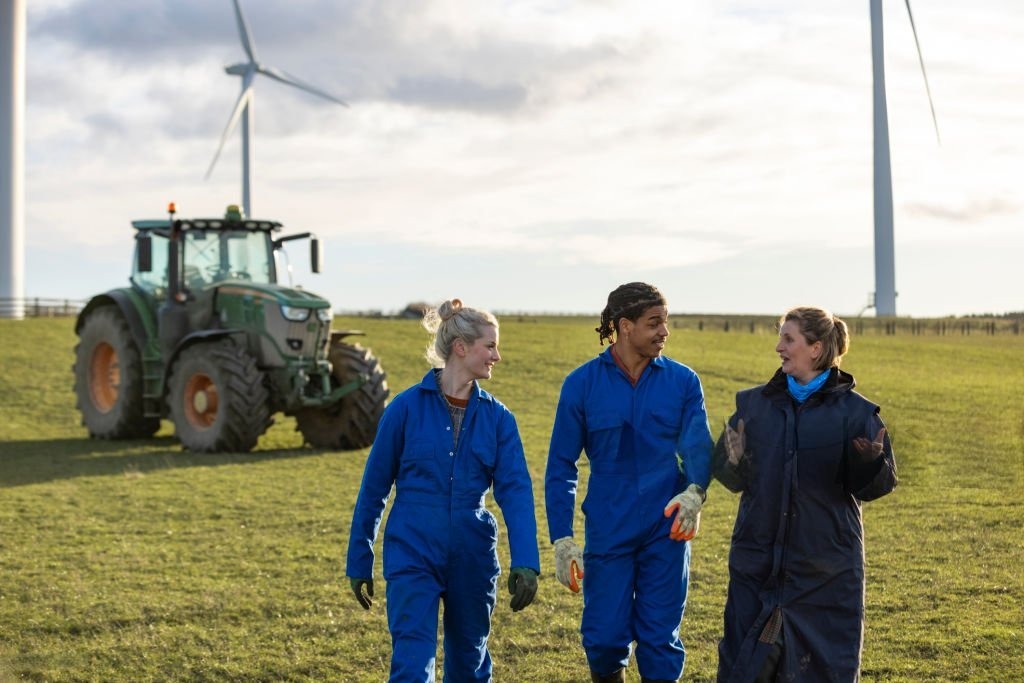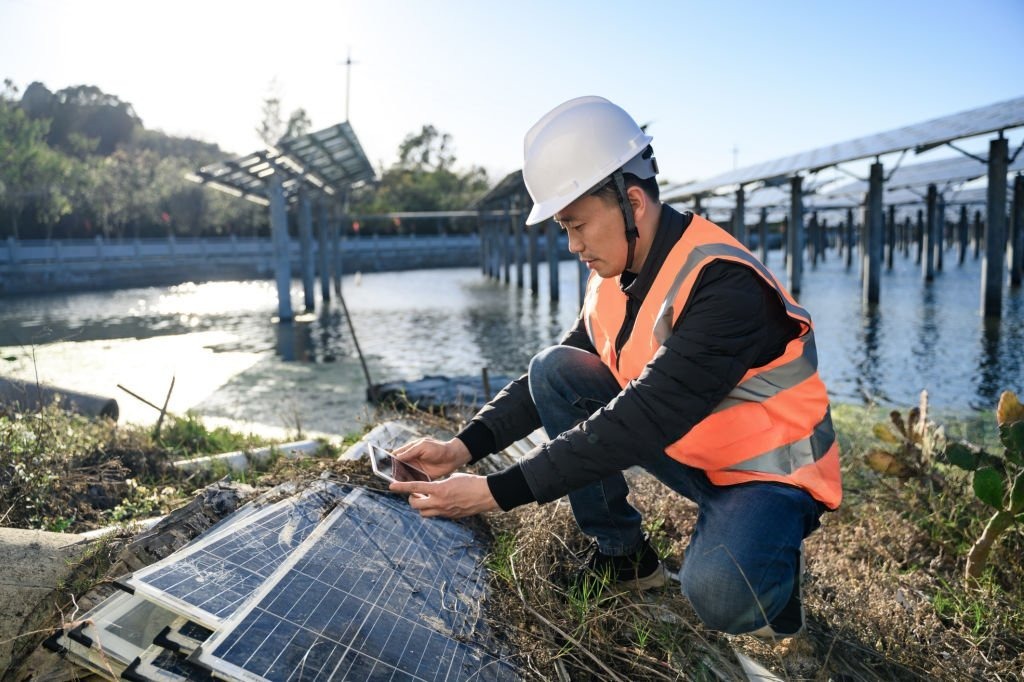In every crisis lies an opportunity—and in the climate crisis lies a revolution: a revolution of work, of purpose, and of possibility. We are entering the era of green jobs—and Africa must not be left behind.
As the world races toward climate solutions, a new workforce is emerging: technicians who install and repair solar panels, engineers who build recycling systems, farmers who regenerate soil, coders who optimize energy use, and entrepreneurs who transform waste into value. This is not a trend. It is the future of work.
What Are Green Jobs?
The International Labour Organization defines green jobs as “decent jobs that contribute to preserving or restoring the environment”—whether in energy, waste, transport, or agriculture.
At CleanCyclers, we see it every day:
- Recyclers reclaiming materials from solar waste.
- Drivers and logistics professionals moving discarded panels from cities to processing hubs.
- Technologists innovating new methods to extract, sort, and reuse.
- Analysts and policy specialists mapping Africa’s circular economy.
Green jobs are not just about trees and wind turbines—they are about restoring dignity to work while regenerating our planet.

Why Africa Needs Green Jobs
Africa has the youngest population in the world—over 60% under the age of 25. At the same time, we face rising unemployment and a fragile planet. These twin challenges demand a single, bold answer: a green economy powered by African talent.
The World Bank estimates that climate-smart investments could generate over 38 million new jobs in Africa by 2030, if we act boldly.
We need plumbers who install solar water systems. Designers who reduce waste through product redesign. Farmers who practice agroecology. Digital workers mapping carbon data. There is room for all.

How to Prepare for the Green Job Future
1. Education Must Evolve
Curriculums must be updated to include sustainability, environmental science, and practical vocational skills. We need more technical colleges focused on clean energy, recycling, and regenerative agriculture.
2. Governments Must Prioritize Skills Development
National youth employment plans must align with green sectors—providing funding, mentorship, and apprenticeships for sustainable trades and innovation.
3. Private Sector Must Lead Boldly
Organizations like CleanCyclers must not only create green jobs—they must champion them. We must train, upskill, and formalize informal waste workers, giving them the respect and safety they deserve.
4. Youth Must Lean In
The green economy will not wait. Young Africans must prepare themselves—through online courses, volunteering, vocational programs, or innovation challenges. The future favors those who are ready.

CleanCyclers: A Model for Green Job Creation
At CleanCyclers, we don’t just recycle—we build capacity.
We are creating a new industry around solar panel recycling, where discarded materials become new inputs for clean technologies. Through partnerships and upcoming training programs, we are helping young Africans gain the skills to thrive in this green space.
Our dream? A continent where no one is unemployed—not because the system absorbed them, but because they became the architects of the system itself.
In Closing
The green job revolution is not a future event—it is already here. And it is not reserved for engineers alone. It belongs to youths in towns and villages, entrepreneurs in hubs and garages, policy makers in councils and parliaments.
We have a narrow window to shape a climate-safe, inclusive, and productive Africa. Let us choose to work green, build green, and live green.


